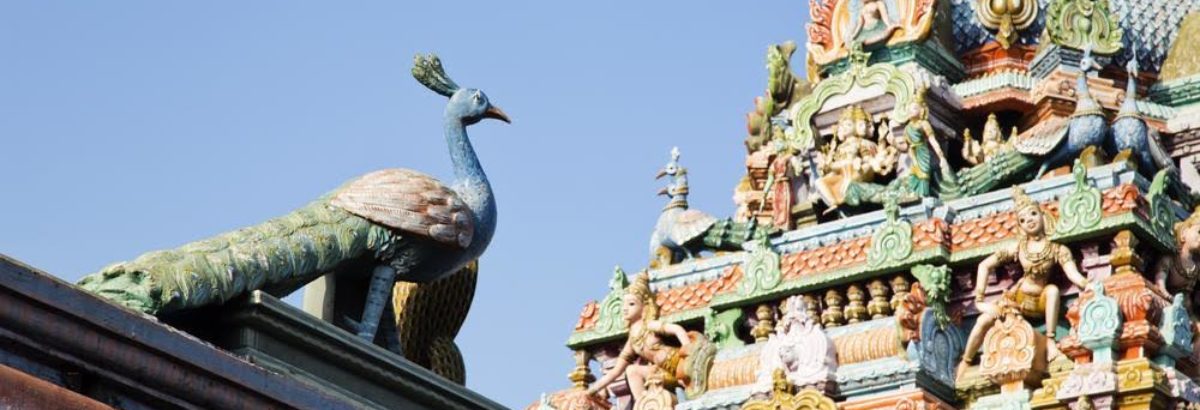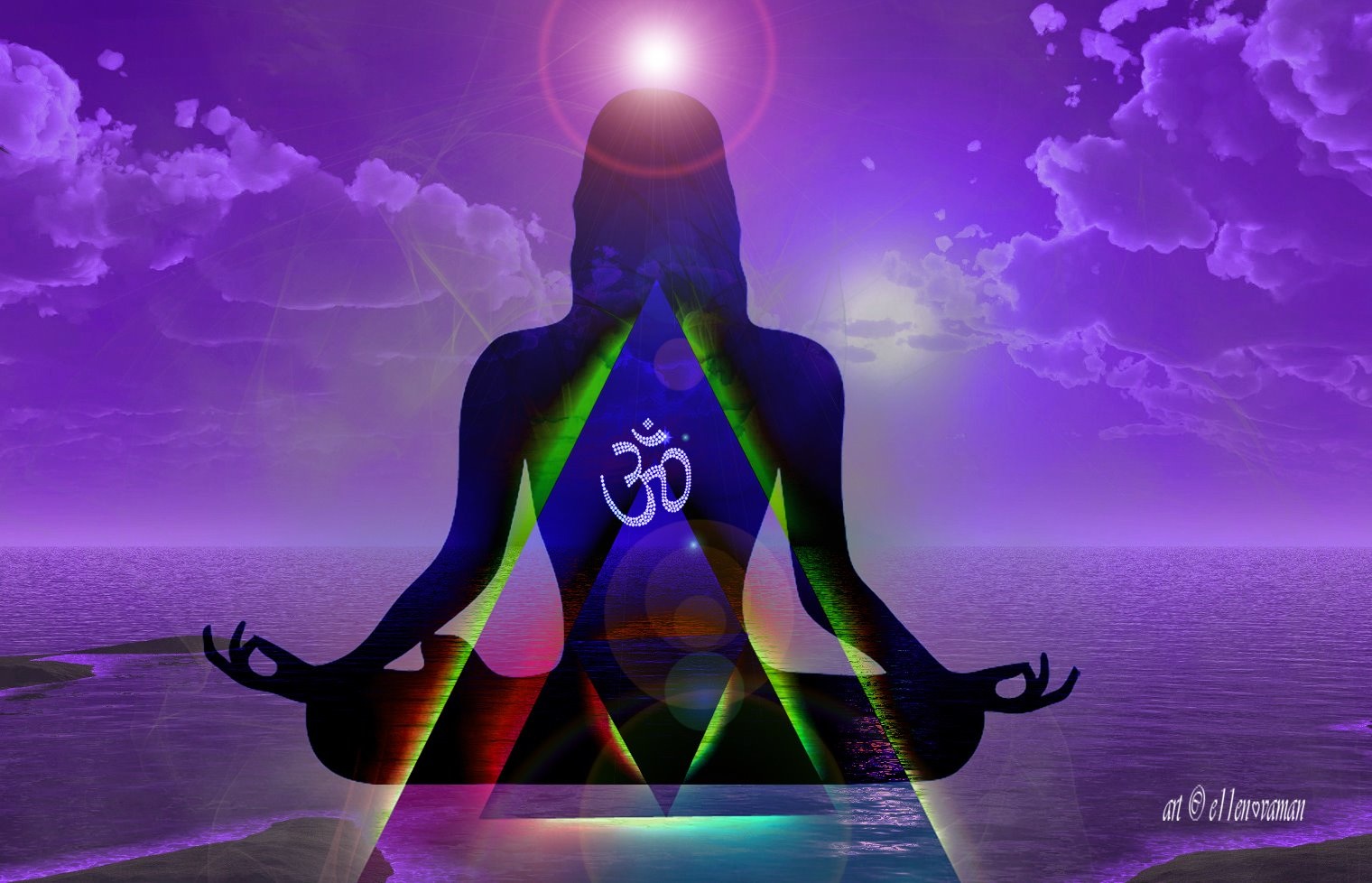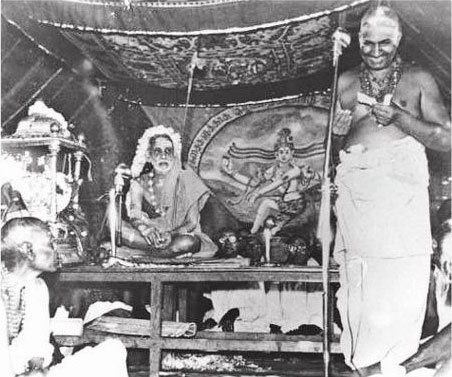MEDICINE – PRESCRIBED BY THIRUVALLUVAR –
English Translation REV. G.U.Pope
- The learned books count three, with wind as first, of these,
As any one prevail or fail, twill cause disease.
2. No need of medicine to heal your body’s pain,
if, what you ate before digested well, you eat again.
3. Who has a body gained may long the gift retain,
if, food digested well, in measure due he eat again.
4. Knowing the food digested well, when hungry prompteth thee,
With constant care, the viands choose that well agree.
5. With self-denial take the well-selected meal;
so shall try frame no sudden sickness feel.
6. On modest temperance as pleasures pure.
So pain attends the greedy epicure.
7. Who largely fees, nor measure of the fire within maintains.
That thoughtless man shall feel unmeasured pains.
8. Disease, its cause, what may abate the ill;
Let each examine these, then use his skill.
9. The habitudes of patient and disease, the crises of the ill;
These must the learned leech think over well, then use his skill.
10. For patient, leech and remedies, and him who waits by patient’s side.
The art of medicine must fourfold code of laws provide.






